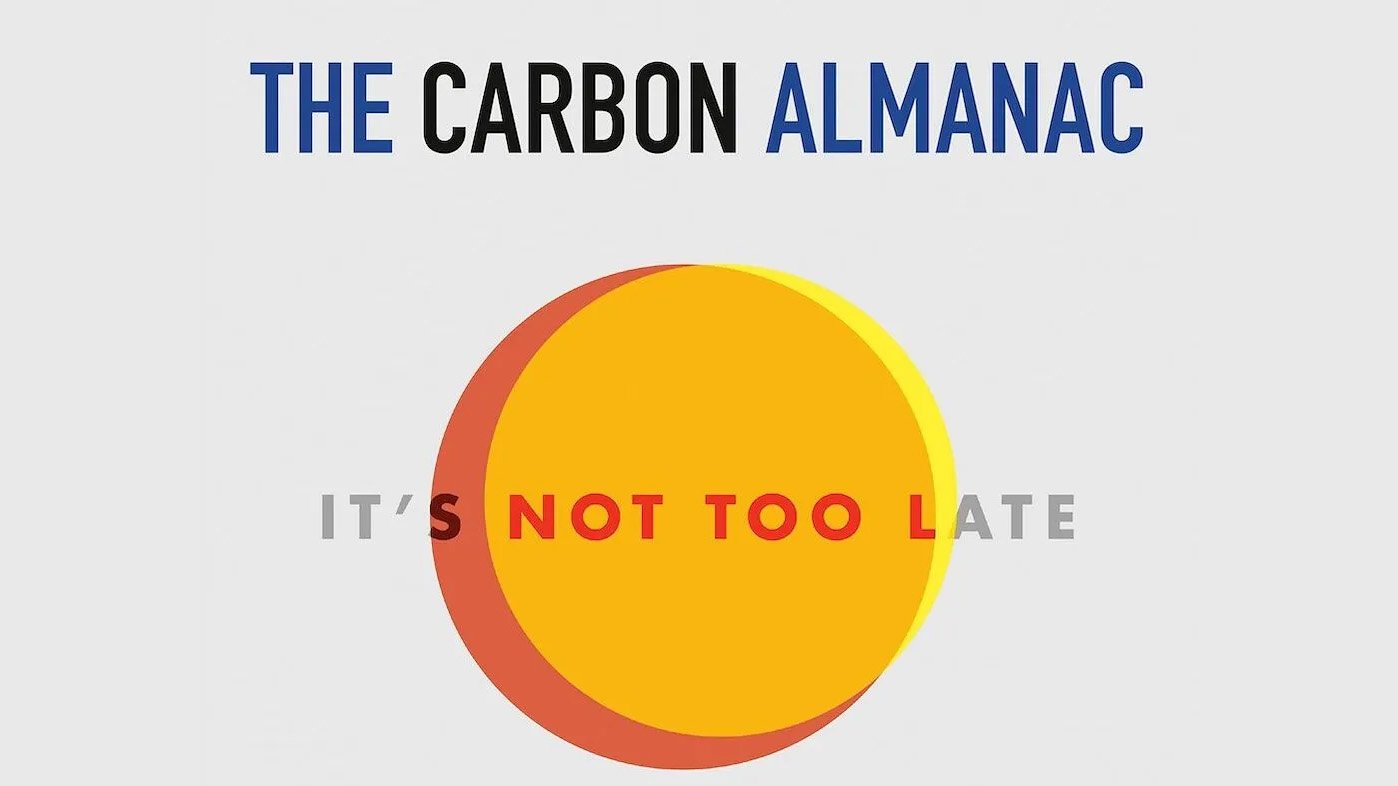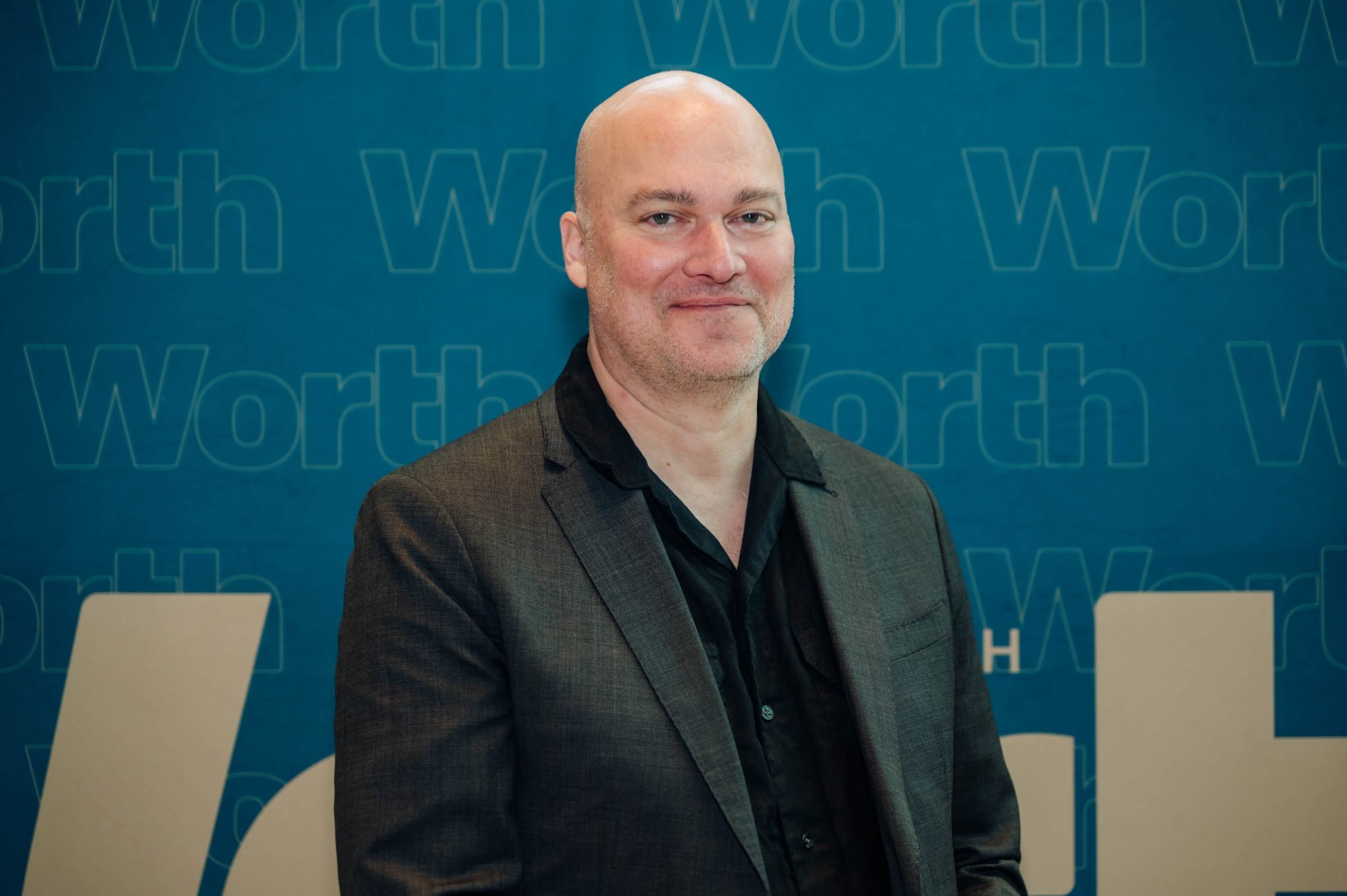Seth Godin is the best-selling author, marketing expert, and creator of the altMBA, a 31-day leadership workshop that provides students with the skills they need to make meaningful change. He also makes books. Lots, and lots of books. His latest is the Carbon Almanac: It’s Not Too Late. Using tables, charts, and simple black-and-white illustrations, the Almanac’s meticulous research brings our climate crisis into stark relief. It also illuminates a path out of the problem using a standard set of facts, system thinking, and simple market dynamics.
Q: So you are the author or editor of 23 books, my count. Why did you want to do an Almanac?
A: Actually, I’ve done more than a hundred books! Before being a bestselling author, I did almanacs, how-to books, and The Smiley Dictionary. But this time, it’s different. Climate isn’t a local problem—this is the only planet we can live on. Climate isn’t a political problem—no one wants to live in a world filled with deserts and floods. And this isn’t a far-away problem. It’s right here and right now. I wanted to volunteer my energy and skills to help to do something.

Who is the Climate Almanac written for? Is it a playbook for climate-change advocates or a tool to convince doubters that the problem is real?
We need to be smarter. Your readers are really smart about their businesses and their customers. That makes it easy to talk about, make decisions, lead, and take action. But the forces of the status quo have pushed us to feel dumb about the climate. And to feel like hypocrites. So, we sit still and let the systems keep making things worse.There are actually very few doubters, and their skepticism doesn’t matter. What matters is that people who have taken the time to understand the situation can begin work to change the systems that drive our economy. Some folks will turn a profit, and some will be on the cutting edge of the future, but anyone working to make systemic change is doing something important.
You took a very systematic approach to build this almanac. Can you talk about the team you worked with?
We’re all volunteers. In less than six months, three hundred editors and designers in 41 countries created this book. Every page and fact is footnoted in our public sources. We have a collection of facts, tables, cartoons, and essays that will help people get smart.
The team put more than 20,000 hours into building this, which would have been impossible for a single person to accomplish.
Businesses are designed to make a profit. This simple fact has played a massive role in getting us into this climate crisis. How do you see that part of businesses changing?
Markets solve problems. That’s why they work. Markets don’t have anyone in charge yet somehow coordinate supply chains, marketing, and interactions to create enormous productivity and value for people.
But markets only work when we accurately measure the costs of inputs and outputs. And markets work when they have boundaries where entrepreneurs and leaders can find new solutions.
Our problem is simple: For 100 years, we’ve artificially lowered the price of carbon (oil, concrete, gas, plastic, fertilizer). As a result, like a factory dumping poison into the river, we’ve all been dumping CO2 and other gasses into our atmosphere.

Once we price carbon fairly and accurately, the market will instantly adjust. And it will create massive opportunities for small businesses and entrepreneurs, perhaps as significant as the world wide web was.
The bottom line is that we won’t solve the climate problem by doing less, worrying, or arguing. We will do it by getting smart, seeing the systems around us, and then working to bring market forces to bear on fixing the problem of our time.
Did anything in the almanac shock you?
Plastic recycling is a sham invented by the plastics industry. And “carbon footprint” was invented by Ogilvy, working for British Petroleum. And Exxon’s secret memo from 40 years ago about the shifts in our climate is a must-read for anyone who has somehow been seduced into being a skeptic.
Are there behaviors that you have changed after completing this project?
I’m a hypocrite, and so is everyone reading this article. Individual actions matter, but what will make a difference is systemic action. So, the fact that I haven’t eaten meat in 30 years is fine, but my work on this project might lead to 400 schools adopting meatless Monday–that’s a much bigger impact.
I could list the changes I’ve made in my personal and professional life, but that’s a trap. It’s a trap! Fix systems. Fix incentives. Then we’ll be okay.
What is the one thing an average Worth Reader can do to make change?
We created this book so you would share it. If you buy six copies and simply hand them to your colleagues, the systems will begin to change. Because first, we need to feel confident enough to talk about it.
Receive a complimentary copy of Godin’s book when you buy a ticket to Health + Wealth of Our Planet (Supplies limited). Join us and be a part of the essential climate-focused conversations on September 20th. Register before September 1 and unlock an early offer of $199.
















